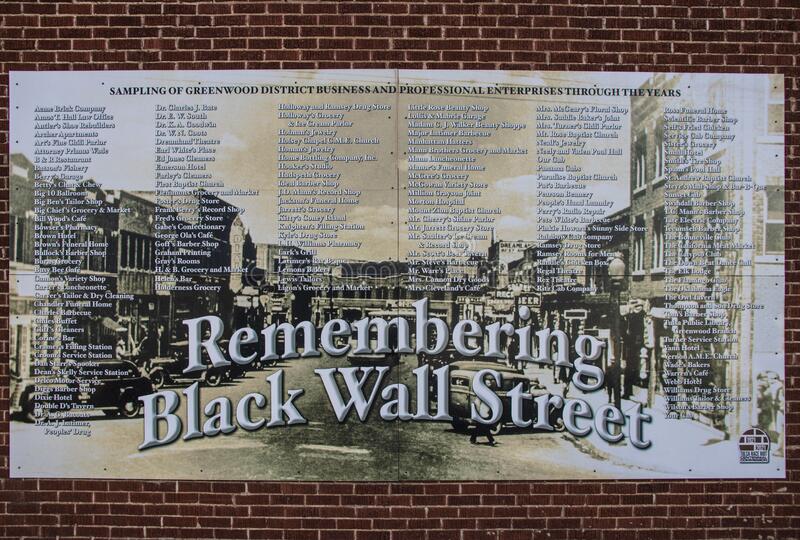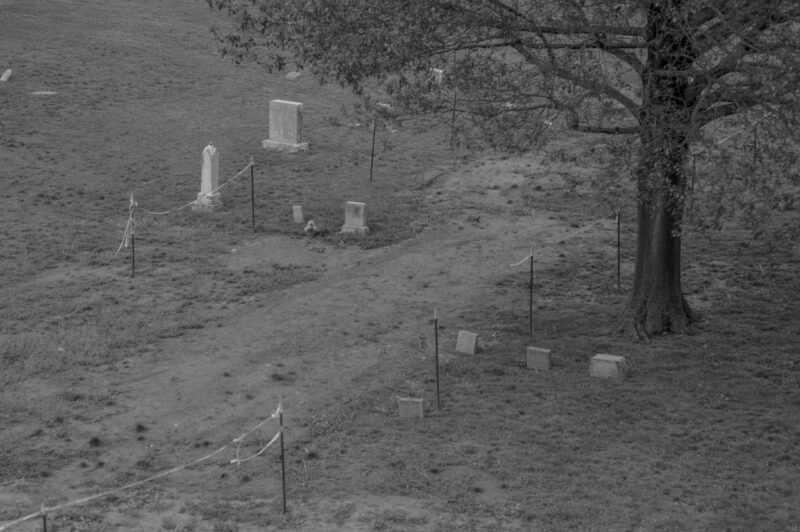
May 31st-June 1st 1921~2021
“a time to weep, and a time to laugh; a time to mourn, and a time to dance;” – (Ecclesiastes 3:4, ESV)
As I write my current weekly words of inspiration, we are days from a national commemoration of the worst act of racial and domestic terrorism committed on the soil of the United States of America, the 1921 Tulsa Race Massacre. The centennial of this tragic event will take center stage in our national media as well as in our national consciousness.
Sitting at my desk in the “Mother Church” of North Tulsa on Black Wall Street or Greenwood Avenue, I cannot help but sense the cries and spirits of our ancestors hovering in the air prior to this weekend. The magnitude of the moment compels me to reflect and engage in personal interrogation. How should this historic event be commemorated? What should we be doing now? And what are our prospects for a hopeful future?
My initial thought is to consider the value of lament. There is value and a constructive purpose for our crying out in grief, wailing, complaining, mourning, and expressing strong emotions for what transpired one-hundred years ago. The value and significance of the moment is turned up in our soul such that we notice and feel with greater intensity what transpired. This in turn gives relief to our bleeding souls from the pressure of having to have all the answers. A permission to grieve implies the ability to lament without explanation. As the Spirit laments within us and for us with groanings too deep for words, we become, even within ourselves, small sacred spaces where the presence and healing love of God can dwell.
Out of this can emerge new possibilities and new vistas of hope as the importance of resting in the sovereignty of God beckons our attention. We have a rare invitation to realize that God is sovereign. The race massacre did not take Him by surprise. It is this knowledge of God that switches our spirits from despair to hope. There is no denying the terrible calamity, but there is also no denying that God has redeemed from terrible situations in the past and God will do it again.
The steadfast love of God (Hesed) is a word that involves action rather than just feelings. This word describes a sense of love and loyalty that inspires merciful and compassionate behavior toward another person. Loving the way God loves involves action on behalf of someone who is in need.
Many years ago, a pastor delivered a sermon on forgiveness in which his major premise was a love that rights the wrong. He urged God’s people to get right with God and one another. Especially if it is within their power to right the wrong. Like an arrow to the heart, those in attendance were compelled to right the wrongs they had committed.
The commemoration of the Tulsa Race Massacre of 1921 will center on strong feelings and emotions, but beyond sentiments, to love as God loved, most notably in Jesus Christ, requires a love that also rights the wrongs by repairing and restoring what was destroyed.









